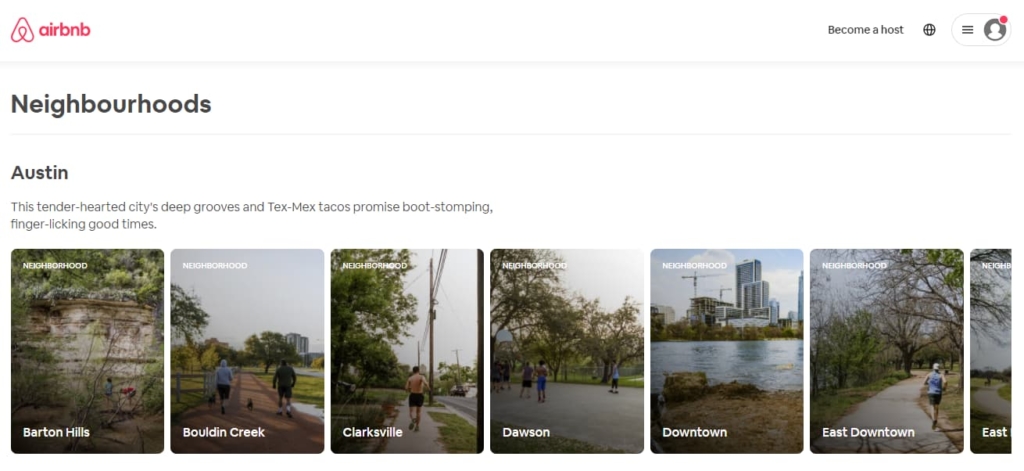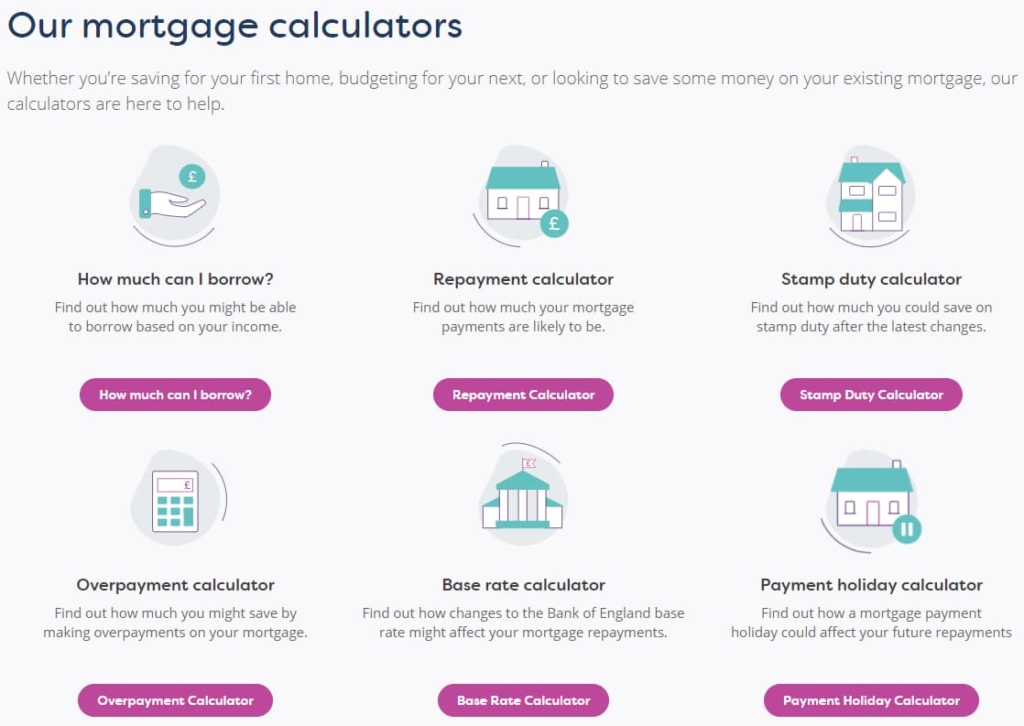
Content marketing refers to the creation and promotion of online content (everything from blogs and videos to social media and whitepapers) in a bid to promote a brand’s products or services.
It’s a broad definition, and one that doesn’t quite do justice to the sheer variety and breadth of how it can be applied. Used properly, it can play a key role in strategic digital marketing.
But it’s not just broad in its application—content marketing is also inclusive enough to work for any business from any niche, without limits.
In this piece, we look at exactly that, touching on just a few ways that content marketing can be used for your business, no matter what product or service it provides.
Smart content hubs that complement your niche
No matter what industry you operate in, there will be countless people (i.e. prospective customers) who need insightful, interesting, or actionable information, and content hubs are the perfect way to deliver that.
A content hub is a curated collection of content—blogs, videos, how-to guides, FAQs, and so on—centred around one specific theme. Their aim is to provide useful or interesting information that is, crucially, related to your niche.
This then acts as an entry point to your brand, attracting prospective customers through valuable information that is adjacent to your own business’ offering.
This adjacency is pivotal here, particularly if your business provides a typically unengaging or uninspiring service. You need to find an attractive angle that appeals to your audience but still relates in some way to your product or service.
For instance, let’s say you operate a business that sells and maintains photocopiers—not something that people typically flock to.
But what if you build a content hub around it, providing tips, guides, and practical advice to small business owners? It’s still within your industry ballpark, but still accessible enough to attract people (and potential customers) to your site.
It’s important to note that content hubs aren’t about generating sales—not directly. You will, of course, link to your product and category pages in visible areas, but above all, they’re about providing value to your audience in an accessible way in a single place.
Content hubs help build your expertise and authority to potential customers, positioning yourself as a go-to for the information they need.
Inevitably, when the time comes for your visitors to turn into customers, your brand will be front-and-centre of their minds.
Check out this content hub example from Airbnb:

Image Airbnb
Collecting useful, traveller-friendly information about various US neighbourhoods and districts, the hub helps lead travel-hungry visitors primed for booking a trip abroad with information about restaurants, shops, local landmarks and, of course, Airbnb properties.
And it’s not just good for winning over customers either. Content hubs also offer plenty of SEO benefits too. Relevant content organised into easy-to-crawl hubs help search engines understand what your site is about, as well as displaying your expertise and authority into the bargain—a double-win from your content marketing.
In short, content hubs as a content marketing tactic offer a bounty of benefits for virtually any business. No matter how prosaic or unengaging your niche might be, a content hub is a gateway to new customers.
Tools & assets instead of written content
Content doesn’t just mean the written word. It can be anything that incites interest and engagement from an audience—and this includes tools.
Tools are a fantastic piece of content marketing that increase traffic, engagement, and conversions. Functional and practical, they appeal to consumers by helping them solve a problem, a core tenet of good marketing.
Tools are especially useful for businesses that are often perceived as prosaic, that don’t traditionally lend themselves to typically ‘exciting’ marketing tactics.
Take mortgages, for instance. Hardly what you would call an exciting topic, and yet a mortgage calculator is an excellent content marketing asset that attracts users (and potential customers) for brands all year round.
MoneySuperMarket’s mortgage calculator page, for example, receives 66.7K organic traffic a month, while HSBC’s own version gets 18K. One set of calculator tools is from an impartial comparison site and another is from a bank, but both get lots of traffic on a regular basis.

Image MoneySuperMarket
Boring? Perhaps. Essential? Absolutely.
Of course, tools don’t work for all niches. But for many, particularly those that offer a service, (such as home utilities, repairs, or renovations), simple tools that help customers calculate a financial gain or loss can be an attractive and effective content marketing tactic.
Intent-driven keywords mapped to the buying journey
When a customer is thinking about making a purchase, they typically make a string of search queries before doing so.
They are, naturally, researching their purchase first. They want to know what’s on the market, what they should look for in a product, what brands are available, what kind of trade-off they make if they opt for a cheaper option, and so on.
Creating content that’s keyword-optimised to each stage lets you put your business at the top (or as near to) of your potential customers’ search queries, every step of the buyer’s journey.
Naturally, the key element of this is keyword optimisation. Each piece of content should be optimised to appear for the right search queries—easier said than done, naturally, but possible.
Take your content marketing campaign’s keyword research and divide them into separate subcategories according to intent.
Of course, some will be common search intent queries: informational, transactional, commercial, and so on. But you might find other categories, depending on the kind of product or service you sell.
Use these keywords to flesh out your content according to the buyer’s journey.
Let’s say a customer is looking to buy a DAB radio.
- Awareness: do they want a DAB radio? What are its benefits/flaws? Possible keywords: “are dab radios worth it”
- Consideration: content that highlights what features to look for e.g. dual alarm, wi-fi, portability, easy interface, etc. Possible keywords: “dab radio features”
- Decision: a comparison guide comparing the best DAB radios that fulfill the buyer’s needs. Possible keywords: “dab radio comparison” or “what is the best dab radio”
This is, of course, just an example. But it indicates the value of useful content that meets the needs of your customers as they move through the buyer’s journey.
Target a small (but qualified) audience
Another benefit of content marketing is that it lets businesses focus on a small, targeted, highly niche audience.
For brands with highly specific products or services, your niche markets are your most valuable ones.
If you operate in a typically uninspiring industry or one with niche interest, casting your net far and wide to all and sundry isn’t the way to go. It’s a waste of time, energy, and resources for what will inevitably be a smaller marketing ROI.
This is for the simple reason that not everyone will be interested in what you’re selling. Let’s say you sell running shoes designed for a pro runner who does long-distance running every other way. Your shoes are only going to be interesting to pro runners, right?
Content marketing lets you target qualified leads, customers with the intent of making a purchase.
The key to targeting this niche market is to create equally niche content tailored to their unique interests and needs.
This could take various forms—a comparison guide or instructional video, for instance, or one of the tools I mentioned above.
Whichever angle you go for, create it with that niche market in mind and make it as specific as possible.
Focus on one or two (at a push) problems that those customers have. Use language that appeals to the individual, rather than the collective.
Specificity is key here—the more targeted your content marketing is, the greater the results.
In short: where other marketing casts a wide net, content marketing lets you go fishing.
Digital PR assets that win links and coverage
Naturally, digital PR is also a powerful content marketing avenue.
Creating interesting or useful assets based on original data, often tapping into current or trending events, is a proven method of generating traffic, raising awareness and, of course, winning links.
While it’s typically associated with big, consumer-facing brands in popular industries such as fashion, it works just as well for smaller businesses in less glitzy niches too.
Take this recent example from Energy Helpline, an independent energy comparison site:

Image Metro
Like our other example, energy comparison is hardly an exciting niche, but it is an essential one.
But despite this, Energy Helpline were able to find a unique angle related to their niche that appealed to a wider audience, landing them coverage (and a link) in the Metro.
Drawing on research revealing the video game-playing habits of the over 60s, Energy Helpline used this to highlight the high costs of the UK’s collective energy bill.
Relevant, interesting, and insightful, it’s a great content marketing asset that helps Energy Helpline achieve their goals—coverage, links, awareness—but without just being about their service itself.
The above are just a few ways that content marketing can work for any business, from any niche, for any product or service. Varied but effective, it shows that, no matter what industry you operate in, content marketing can help you reach the right customers at the right time.
Sound like something you need for your business? Let’s talk—we’ve got the skills, tools, and team to launch a content marketing campaign that gets your brand seen.
